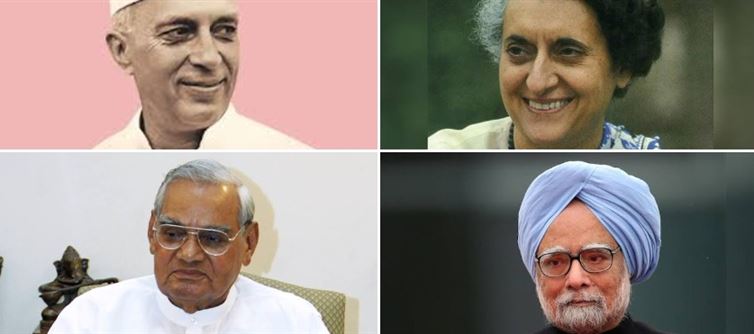
Historically, india has witnessed strong leadership during times of military conflict, with Prime Ministers like indira gandhi and atal bihari vajpayee taking bold, independent stances. indira gandhi, during the 1971 war, ignored Western pressure, including that from the U.S., and decisively led india to a historic victory that resulted in the creation of Bangladesh. Similarly, during the Kargil conflict in 1999, Vajpayee’s leadership showcased India’s military prowess and global diplomatic finesse, earning worldwide respect without bending to foreign dictations. Even manmohan Singh, despite being seen as a soft-spoken leader, maintained India’s strategic interests firmly, particularly after the 2008 mumbai attacks.
In contrast, many feel that under prime minister Narendra Modi, India’s assertive rhetoric hasn’t always matched its ground actions in conflicts with Pakistan. Despite strong public posturing, the recent ceasefire has raised doubts about whether india is yielding to foreign influence instead of setting its own terms. Critics argue that this perceived lack of resolve sends the wrong message to both adversaries and allies. The indian public, proud of its armed forces and their unmatched bravery, expects a foreign policy that honors the sacrifices made on the battlefield and maintains India's dignity on the global stage.




 click and follow Indiaherald WhatsApp channel
click and follow Indiaherald WhatsApp channel